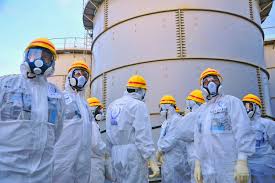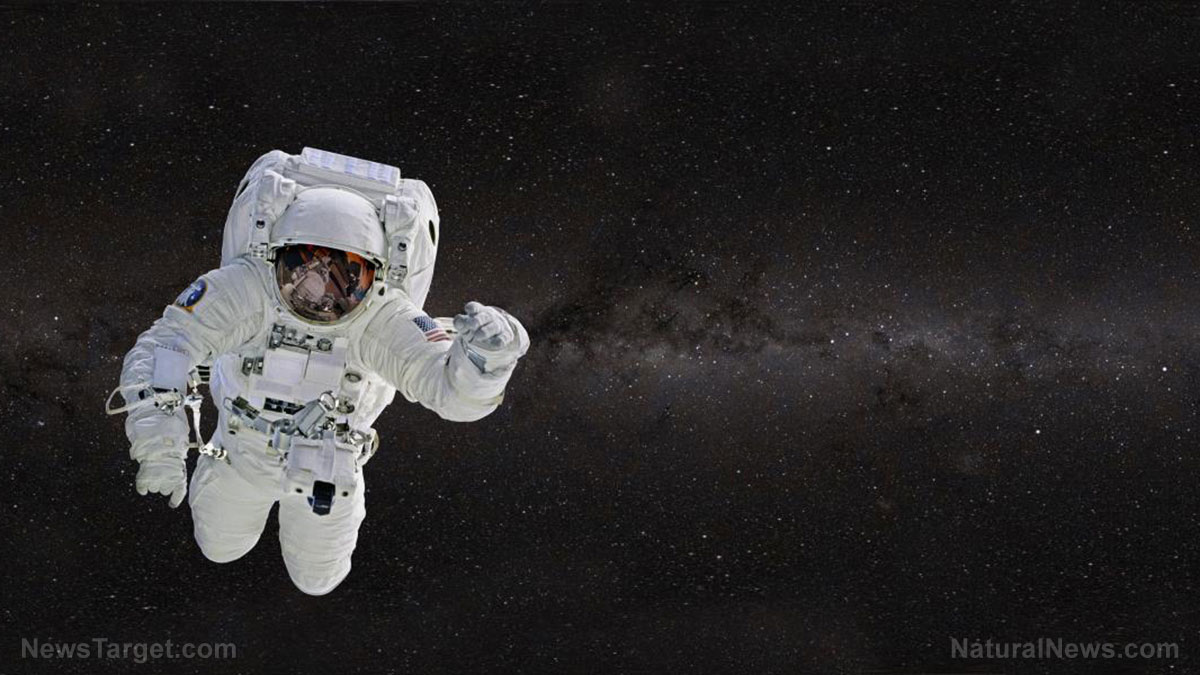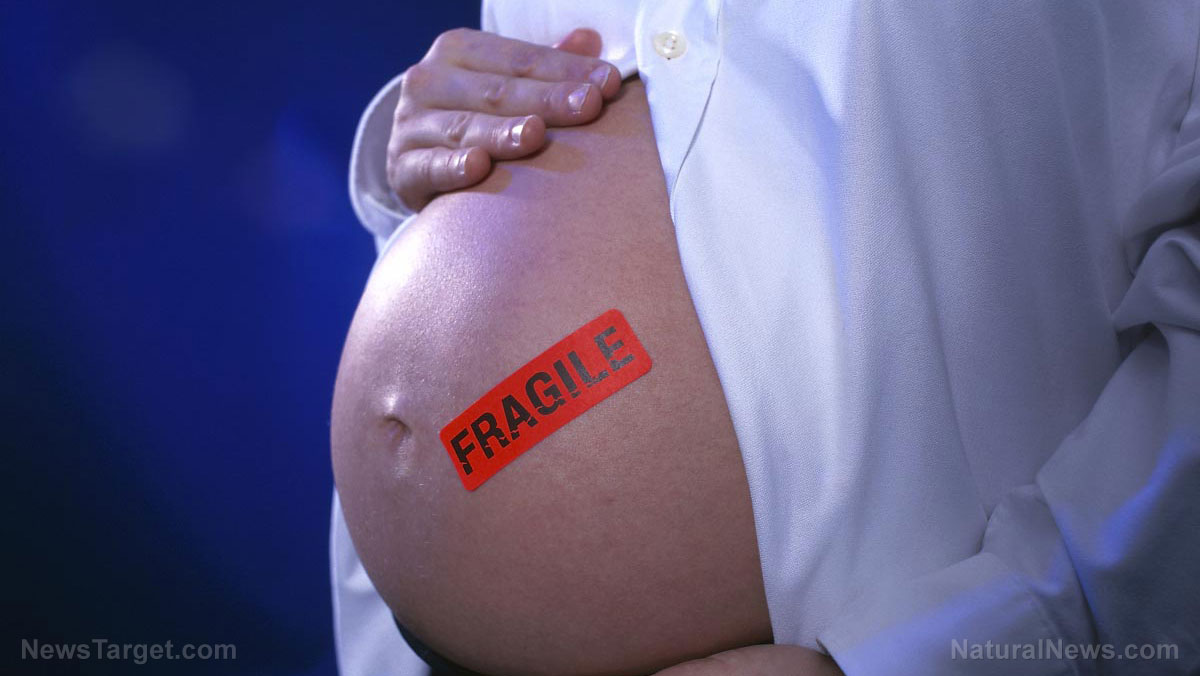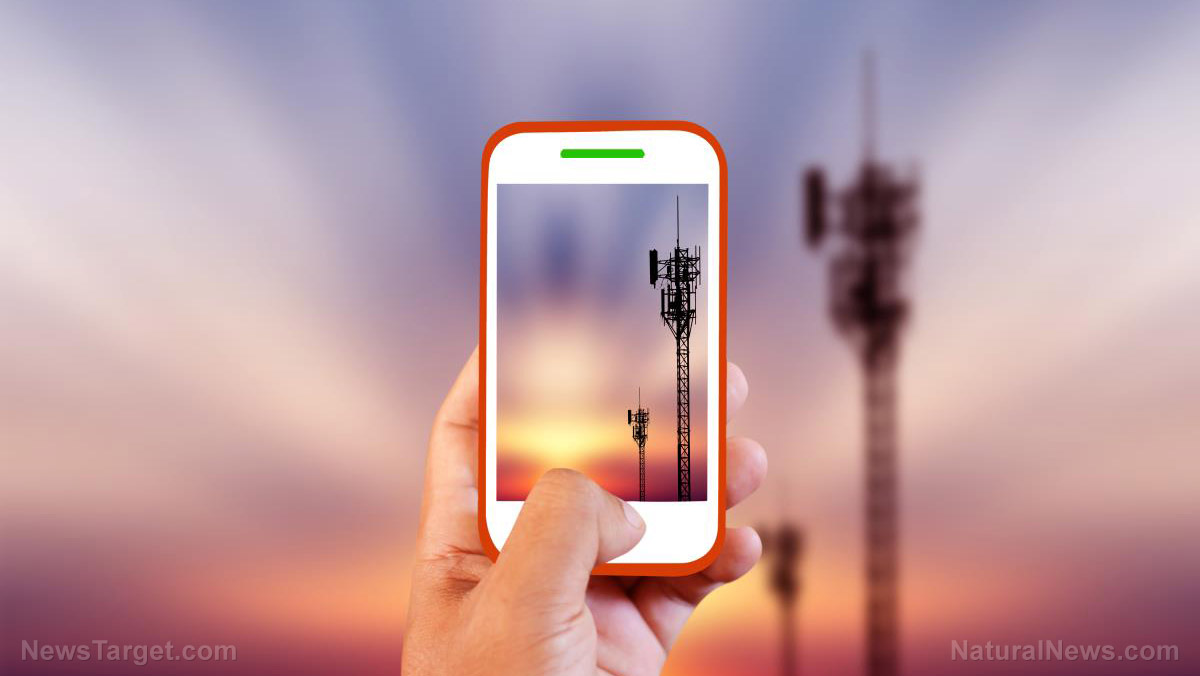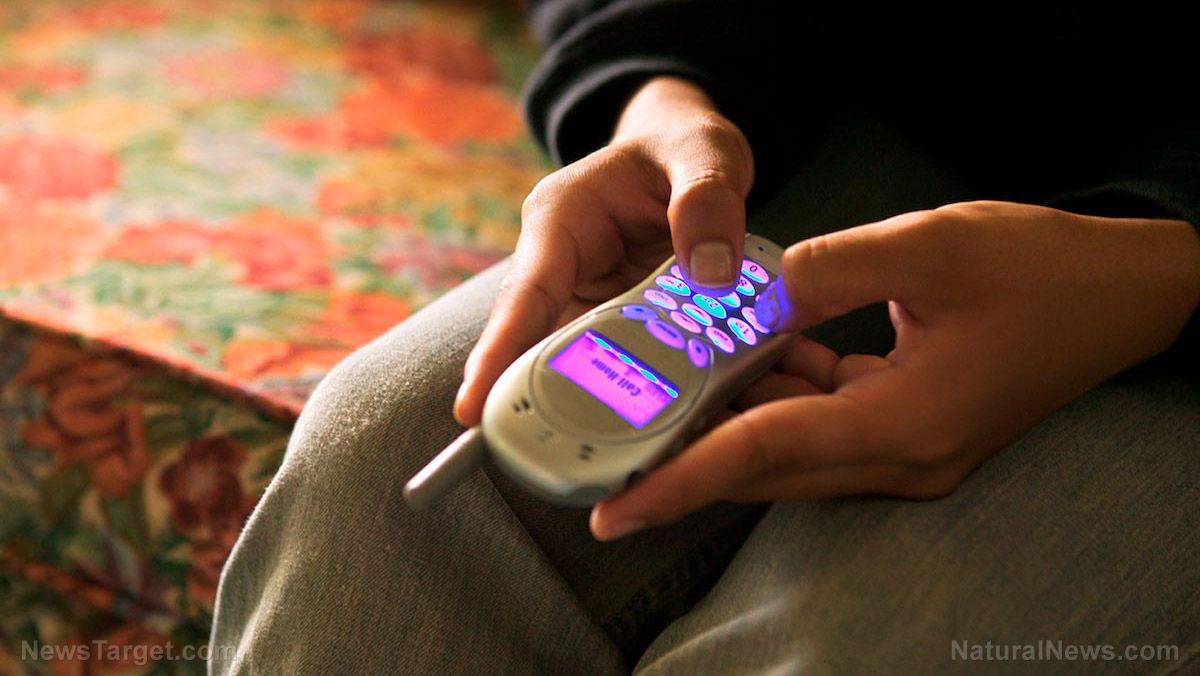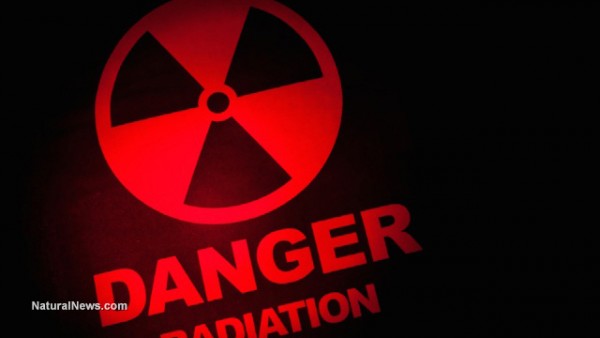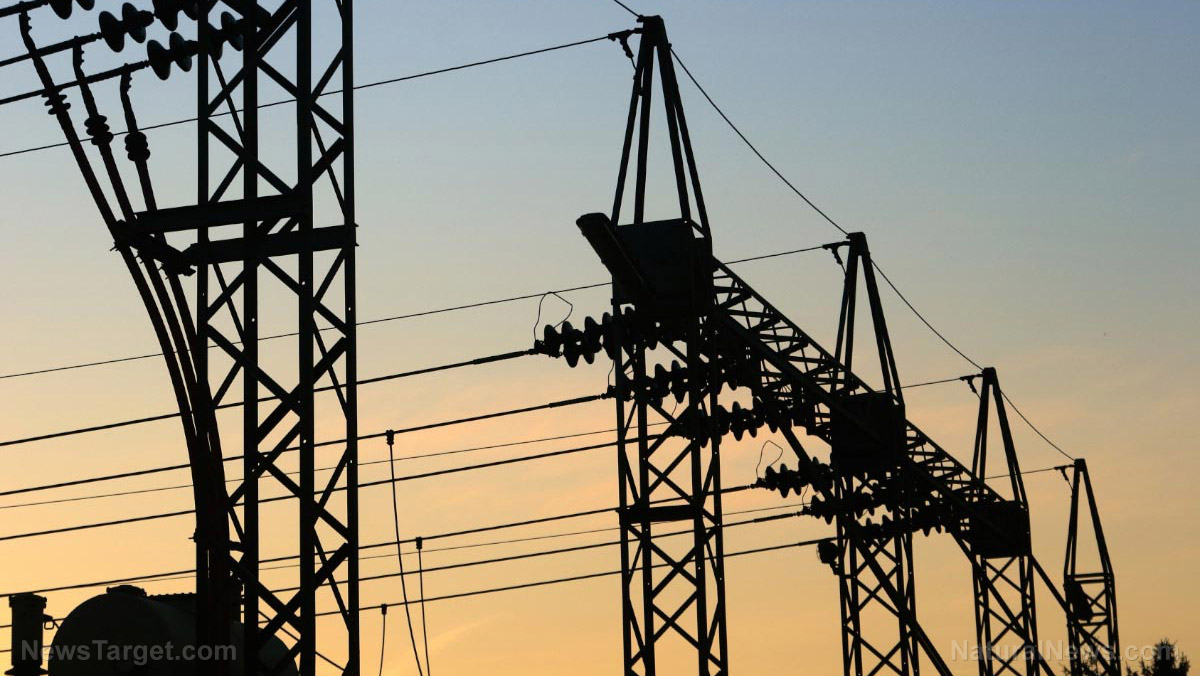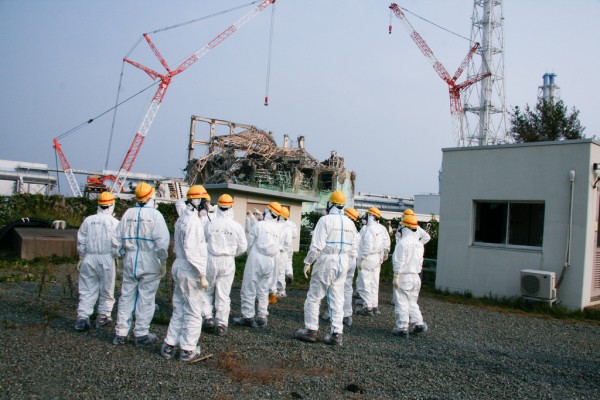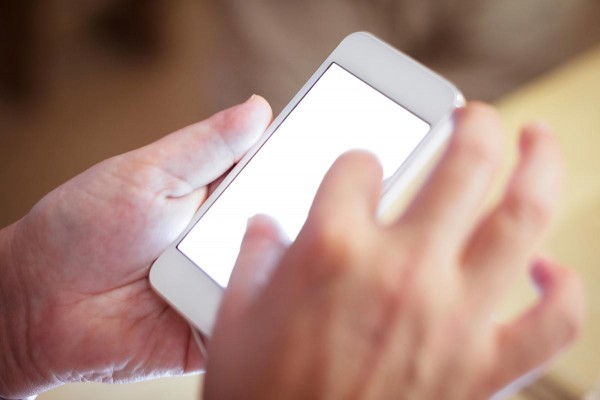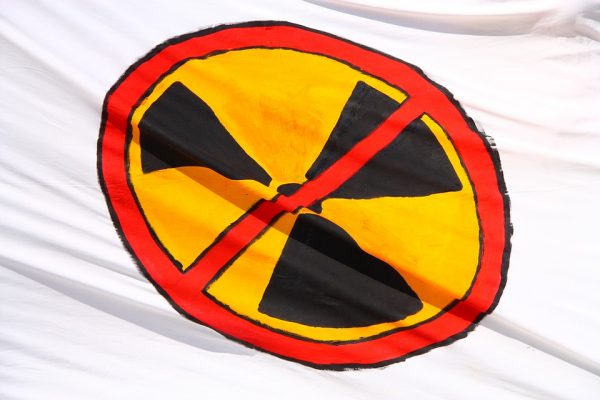Frankenstein astronauts: NASA wants to alter DNA to protect against space radiation
10/12/2017 / By Isabelle Z.

Going to the moon is hard on human bodies, as the astronauts on moon missions discovered after dealing with heart-related and other health issues after spending long periods of time in space. When NASA sends astronauts to Mars in the 2030s, they will face even more challenges, and they could have deadly consequences.
Astronauts typically undergo a lot of preparation before heading to space, and for those whose destination is Mars, those preparations might include alterations to their DNA. That’s right; NASA representatives have said they are considering epigenetic modification as one way to deal with the prospect of the dangerous cosmic radiation that these space travelers will be subjected to.
Cosmic radiation regularly bombards every planet in the solar system. Radiation from the sun and cosmic rays carry powerful radiation in high-energy particles that can collide violently with nuclei in human tissue, spurring the production of new particles and harming DNA. This can cause cancer, dementia and other illnesses.
Earth’s magnetic field offers us protection from the bulk of these particles, but those headed for Mars could be subjected to them over an extended period of time – possibly several years. If astronauts on board the International Space Station can be exposed to ten times as much radiation as people on Earth, it’s hard to grasp the staggering amount of radiation that bodies would be subjected to on a trip to Mars.
A few protective measures are currently on the table, and some are more concerning than others. Shielded plating, electromagnetic force fields, and armored suits are unlikely due to practicality issues, but NASA’s Acting Chief Technologist, Dr. Douglas Terrier, presented the alarming possibility of genetic modification in comments to the Times. He said that while they were already investigating drugs that could repair DNA damage, they were also open to the possibility of altering genes or tweaking genetic activity.
Dr. Terrier said: “We’re looking at a range of things from drug therapies, and those seem to be quite promising, to more extreme things like epigenetic modification — I think those have a lot of ethical consequences so they’re still in the experimental thought stages — all the way to manipulation.”
Does this mean we’ll be sending Frankenstein astronauts to Mars? By altering the chemicals controlling the volume on genes, their activity can be either muted or amplified in the event that something goes wrong. The genes of the astronauts could also be changed in order to enhance cell resilience. Their hope is that the body can be altered in such a way that it can essentially make its own defenses against dangerous radiation.
Who will volunteer for this dangerous mission?
Astronauts naturally accept a certain degree of risk when they head into space; after all, human bodies are designed to survive and thrive on Earth, not space, the moon, or Mars. The idea of genetic modification, however, takes the risks to new heights, and it will be interesting to see just how many qualified people would be willing to subject themselves to such a risky procedure for the glory of going to the red planet. No one knows what the consequences of this genetic modification would be, nor how it might affect future generations.
NASA is also closely monitoring the experimental DNA therapy NMN, which will be entering clinical trials soon after rejuvenating elderly mice in lab tests.
Space radiation is a legitimate concern with the potential to cause real harm to astronauts, but are the potential benefits that could be gained by sending humans to Mars worth the risks of tinkering with human DNA?
Sources include:
Tagged Under: astronaut safety, astronauts, cosmic radiation, genetic modification, Mars, NASA, space travel

